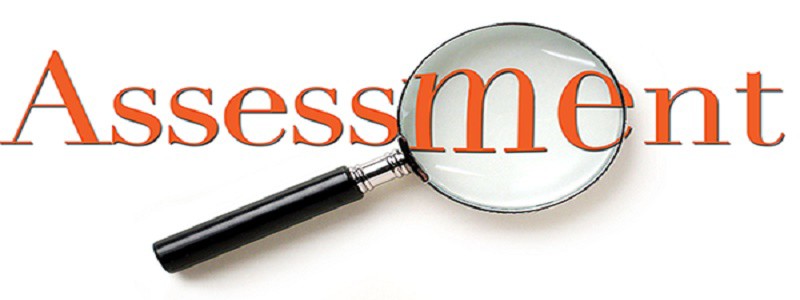Building an Argument (Not a Wall), Using Templates
Working with one of its middle school partners, Argument-Centered Education recently supported but largely observed an English language arts class building arguments from a single source, on the debatable issue of what U.S. policy should be on undocumented residents. The debatable issue was specifically formulated:
Should the United States offer a pathway to citizenship for the millions of undocumented residents currently living in the U.S.?
This argument writing activity was designed to be brief, its full duration only a few days, so after a short video clip introducing the issue, followed by a think-pair-share discussion emphasizing the factual backdrop and issue-specific vocabulary, students read a single article, from the New York Times Upfront Magazine, from which they were expected to derive most of their evidence, and a good portion of their ideas.
‘Simile-Evidence-Reasoning’ — An Argument-Based Character Analysis Activity
We are probably all very familiar with the Toulmin-based universal argument model of Claim — Evidence — Reasoning. In building our students’ disciplinary literacy, though, all three of these components — as well as the Argument-Centered Education components of “refutation” and “argument evaluation” — can be adapted to subject area specific standards, objectives, criteria, and conventions.
Intra-Textual Debate Tracking and Evaluation in ‘Frankenstein,’ by Mary Shelley (1818)
Another fruitful and engaging angle in on academic argumentation in the classroom is to have students track a debate and evaluate the argumentation taking place within a text, fictional or informational.
This activity explores the debate that takes place within the text of Mary Shelley’s Gothic and Romanticist masterpiece Frankenstein (1818), beginning shortly after the monster re-appears to Frankenstein and tells his mournful story of his isolation and loneliness. The monster ends the recounting of his brief existence by declaring that he wants Frankenstein to create for him a companion, a monster bride. Frankenstein and the monster then engage in a sustained argumentative exchange, something close to a debate, on whether Frankenstein should or should not undertake the making of a monster bride. Claims, counter-claims – arguments, counter-arguments, rebuttal, and refutation – all of this is to be found in the debate the novel’s two main characters have, sustained over the final third of the book.
Two New Argument-Based Assessment Samples
Many schools have recently completed their semester-ending final exams. Teachers I was working with yesterday, for instance, told me that they were done with 85% of their essay grading from finals. They reported feeling both a kind of relief that they could see the light at the end of the tunnel, and a surge of motivation to finish, get their grades in, and feel that sense of accomplishment at having fully completed the semester.
This focus on the end of the semester got us thinking about posting on a couple of recent examples of argument-based assessments that we at Argument-Centered Education have developed with our school partners this year. What follows are two samples of assessment tools that have been used recently in our partners’ argument-centered classrooms. These tools can be used or adapted as is – they have been implemented successfully and are ready for wider use – but they can also be taken as models of the ways that argument-based instruction can connect to, generate, and be back-designed from argument-based assessments.
Model Flowing on Google Sheets
In structured argumentation activities and classroom debating formats, tracking arguments on a graphic organizer — called a “flow sheet,” in competitive debate parlance — is essential. “Flowing” both enables and enforces refutation, and it makes the process of argumentation, and the unfolding of a debate, traceable and more objective. It may be the single most important way we have in argument-centered instructional work of de-mystifying — and therefore teaching — the process of academic argumentation.
But flowing is a complex and difficult activity — actually series of activities — involving critical listening, summary, and refutation itself. So it is important that the teacher model flowing; we are proponents of extensive modeling, and even when you’re requiring that students be flowing independently, you can be flowing for students as a model, and so that they can consult your flow when they (almost inevitably) lose track or get lost during the debate.






